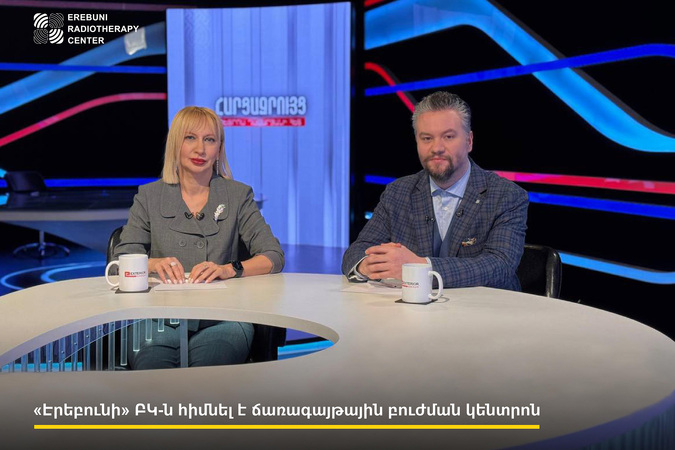PET/CT Examination
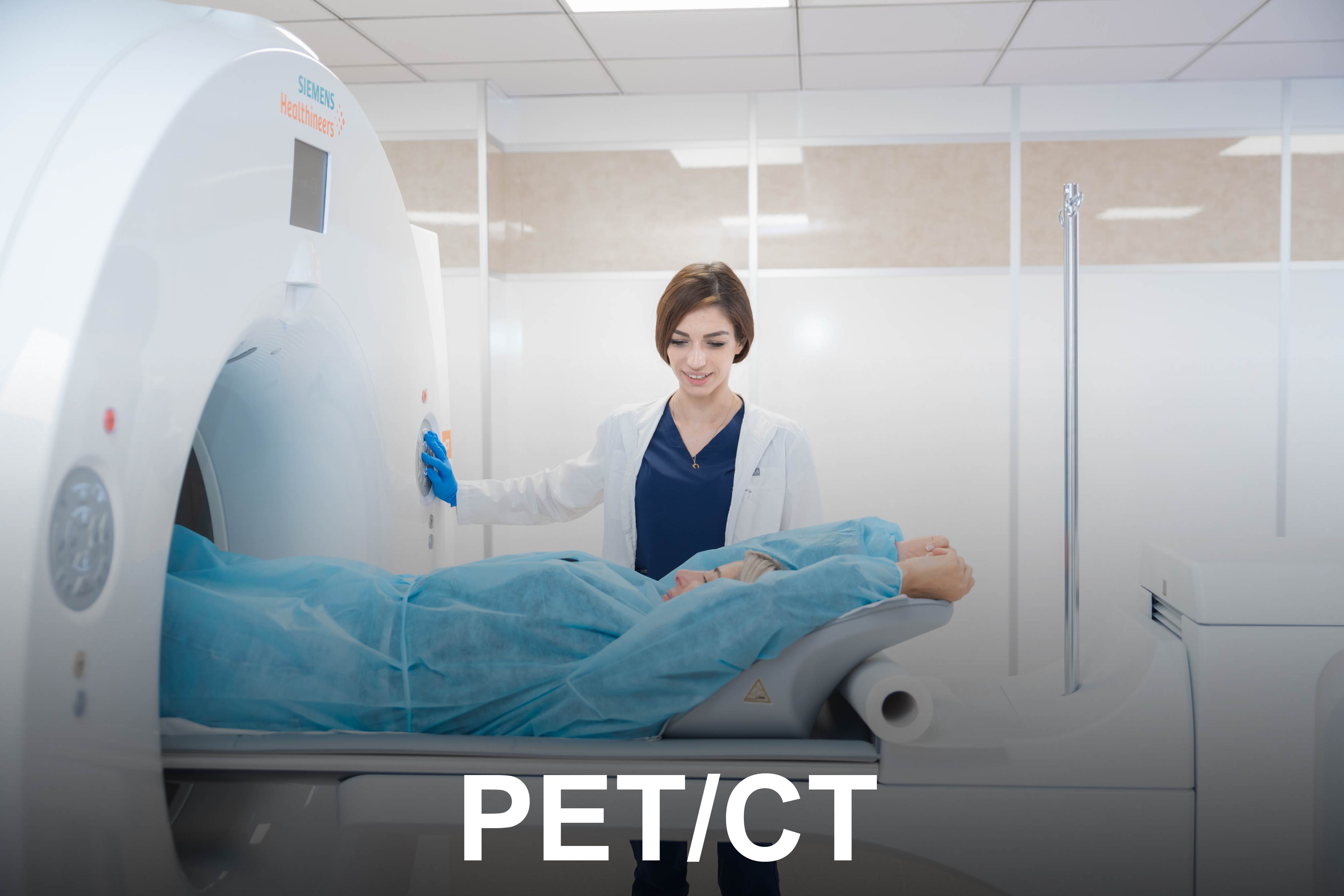
What is PET/CT?
PET/CT (Positron Emission Tomography and Computed Tomography) is one of the leading methods of visual diagnosis, particularly significant for cancer diagnosis.
During a PET/CT scan, a pharmaceutical preparation containing a radioactive substance, known as a radiopharmaceutical (RFP), is used to obtain accurate diagnostic images. The dosage of RFP depends on the patient's anthropometric data (height, weight) and typically ranges from 200 to 600 MBq. Over more than 30 years of use, no adverse reactions to the administration of this preparation have been reported. RFP can also be used in conjunction with other medications.
How to Prepare for a PET/CT scan?
• 6 hours prior to the scheduled scan: No food intake is allowed.
• On the day of the scan: Only pure drinking water (non-sweetened and non-carbonated) is permitted. Chewing gum is prohibited on the day of the scan.
• 24 hours before the scan: A strict low-carbohydrate diet should be followed.
Allowed foods include:
• Meat (chicken, pork, beef), fish, green vegetables (asparagus, broccoli, cauliflower, cucumbers), eggs, mushrooms, cheese, cottage cheese, pure drinking water (non-sweetened and non-carbonated), black coffee, and tea without sugar and milk.
Prohibited foods include:
• Flour and baked goods, pasta, crackers, candies, all types of cereals (rice, buckwheat, oats), sausages, all types of fruits, vegetables (potatoes, beets, carrots, tomatoes, corn), sauces, spices, artificial sweeteners, chewing gum, carbonated and alcoholic beverages, juices.
If the patient has diabetes:
• If using insulin injections, on the day of the examination, eating according to the recommended food list should occur with short-acting insulin being administered at least 4 hours prior to arriving at the department. The minimum allowable time between insulin injections and administration of the radiopharmaceutical (RFP) is 5 hours. For long-acting insulin, it should be administered 8 hours before taking the RFP.
• If the patient is taking oral hypoglycemic medications from the sulfonylurea group (such as glibenclamide, maninil, etc.), they should consult an endocrinologist 24 hours before the examination about the possibility of replacing or discontinuing these medications.
What to Bring to the Scan?
• Discs and descriptions of previously conducted examinations (PET/CT, single-photon emission computed tomography [SPECT/CT], CT, MRI, ultrasound, etc.), as well as other medical documents (discharge summaries, specialists' conclusions, outpatient cards).
How is the examination conducted?
• The scan is performed strictly on an empty stomach.
• Arrive at the department at the time specified by the administrator.
• After completing the necessary paperwork, the patient will be taken to the procedure room, where anthropometric data (height and weight) will be measured.
• If the blood sugar level is within acceptable limits (10 mmol/L), the nurse will accompany the patient to the examination room.
In the patient room
• The patient assumes a comfortable position, after which the medical worker places an intravenous catheter and then injects the radiopharmaceutical (RFP).
• In the patient room, it is advised not to talk, listen to music, read, or use a mobile phone.
• Twenty minutes after the injection of the RFP, the patient will be offered to drink 0.5 liters of water over 25-30 minutes.
• One hour after the injection of the RFP, the patient will be escorted to the PET/CT examination room. The patient should empty their bladder before the scan. The duration of the examination ranges from 15 to 25 minutes. During this entire time, the patient must remain still and relaxed. Movement during scanning can cause artifacts, which may complicate or make it impossible to interpret the results of the examination.
How long will the scan take?
Plan to spend up to 3 hours at the medical center for the PET/CT scan.
When is PET/CT necessary?
• At the oncologist's request for cancer assessment regarding the extent of disease and treatment course, as well as for other diagnostic purposes.
• For diagnosing hidden inflammatory processes.
• To assess metabolic activity in the brain.
• To evaluate heart function.
When is PET/CT contraindicated?
• The patient must be certain that they are not pregnant and should not plan for pregnancy in the upcoming cycle.
• If the patient is breastfeeding, they must inform the radiologist at least 2 days prior to the scan to receive detailed instructions. This ensures the safety of the patient’s child and maintains lactation.
When is intravenous contrast enhancement contraindicated for CT?
Relative contraindications for CT with intravenous contrast enhancement include:
• A previous medium or severe allergic reaction to contrast media requiring therapy.
• A history of allergic reactions to various components, polyvalent allergies (including drugs, food, animal fur).
• Bronchial asthma and severe attacks in the medical history.
• Severe cardiovascular insufficiency.
• Multiple myeloma, sickle cell anemia, polycythemia, pheochromocytoma.
• Thyroid gland diseases (thyrotoxicosis).
• Severe kidney disease, especially in the presence of diabetes.
Recommendations after the scan
Within 24 hours, it is necessary to:
• Avoid contact with small children (under 10 years) and pregnant women. If contact cannot be avoided, maintain a minimum distance of 2 meters. (Within 24 hours, the radiopharmaceutical will fully decay, so after a maximum of 24 hours, the patient will no longer be a source of radioactive exposure).
• Increase fluid intake to 2-2.5 liters. (The radioactive substance is eliminated through the kidneys with urine).
• Limit the intake of spicy and salty foods, smoked dishes, marinades, etc. (These foods promote fluid retention in the body).
• Avoid alcoholic beverages.
• The intravenous line can be removed 2 hours after the scan.
• If the patient plans to leave the country within 24 hours after the scan, they should notify the staff to obtain the necessary documentation (certificate of radionuclide diagnosis), which is required for crossing the border.
How to obtain scan results?
• The results of the PET/CT scan, including a consultation from a second specialist, will be ready within two working days.
• Results will be sent to the email and personal account.
• The original report and the recording of the scan will be issued at the reception of the Radiation Therapy Center from Monday to Saturday, 9:00 AM to 5:00 PM.
Other news
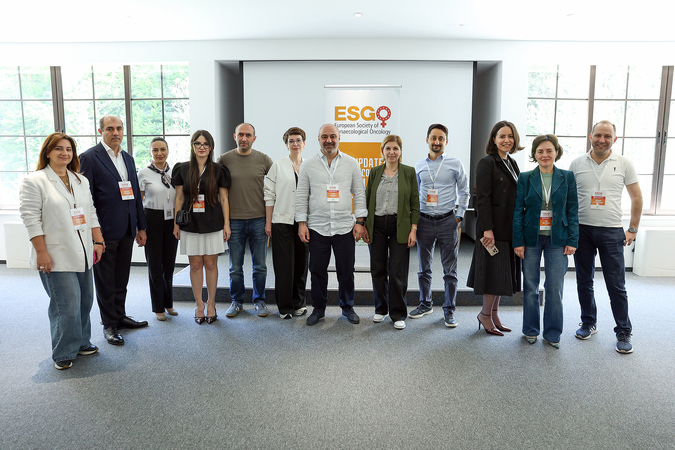
Specialists from "Nairi" Medical Center and "Erebuni" Radiotherapy Center participated in the international workshop on gynecologic oncology.
Read more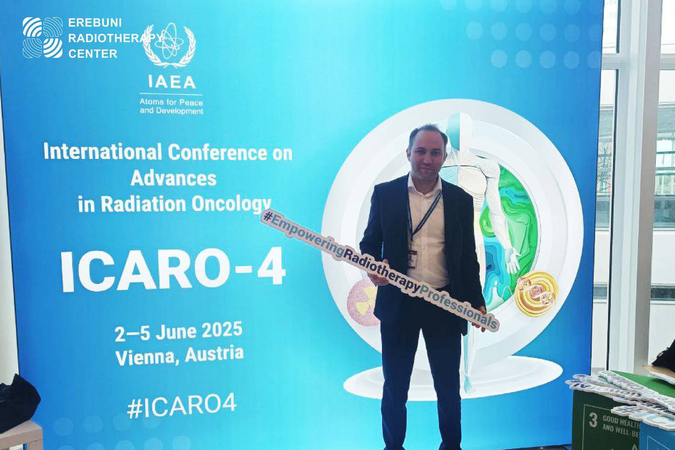
Our specialists continuously advance their knowledge.
Read more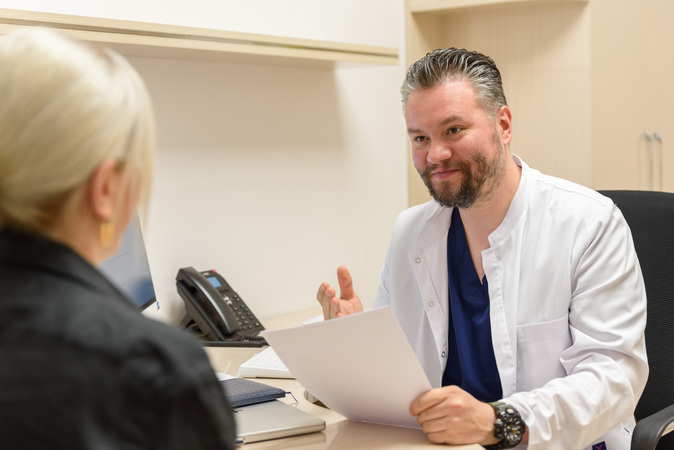
The process of radiation therapy begins with the right questions and clear answers
Read more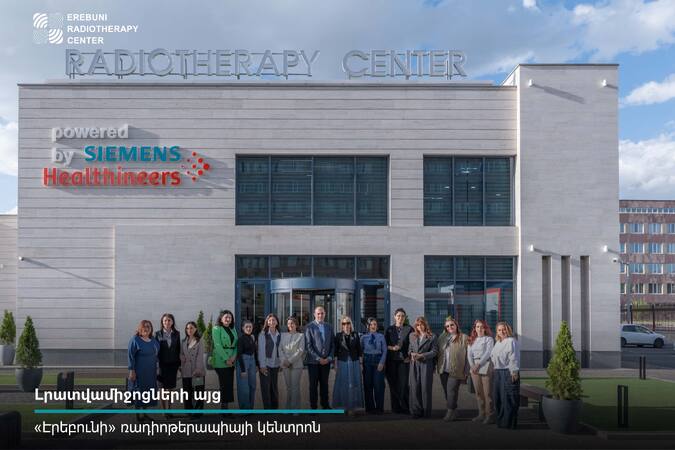
Media Visit to the “Erebuni” Radiotherapy Center
Read more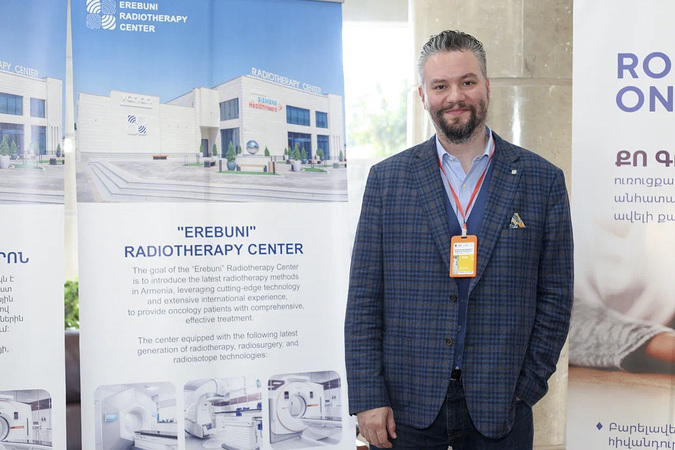
Sergey Golub answered frequently asked questions
Read more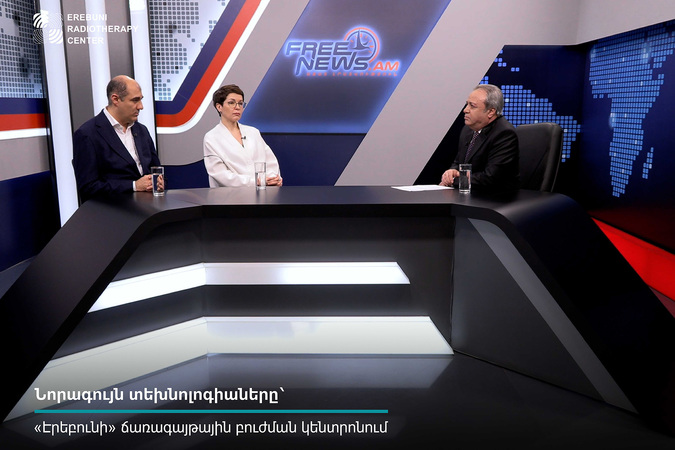
Interview with the Head of the Erebuni Radiation Therapy Center
Read more